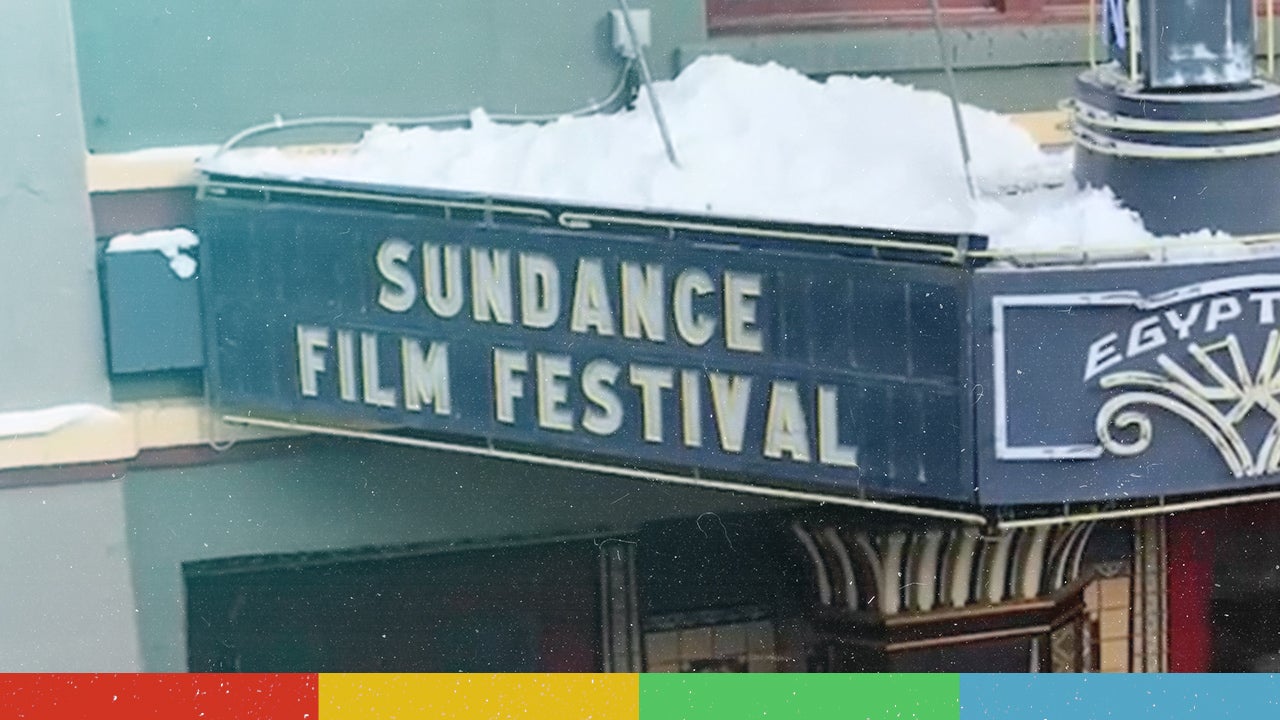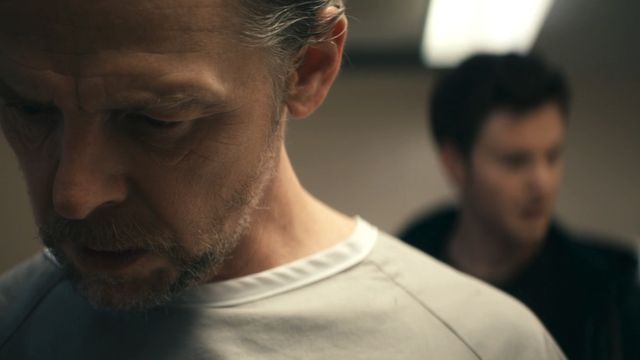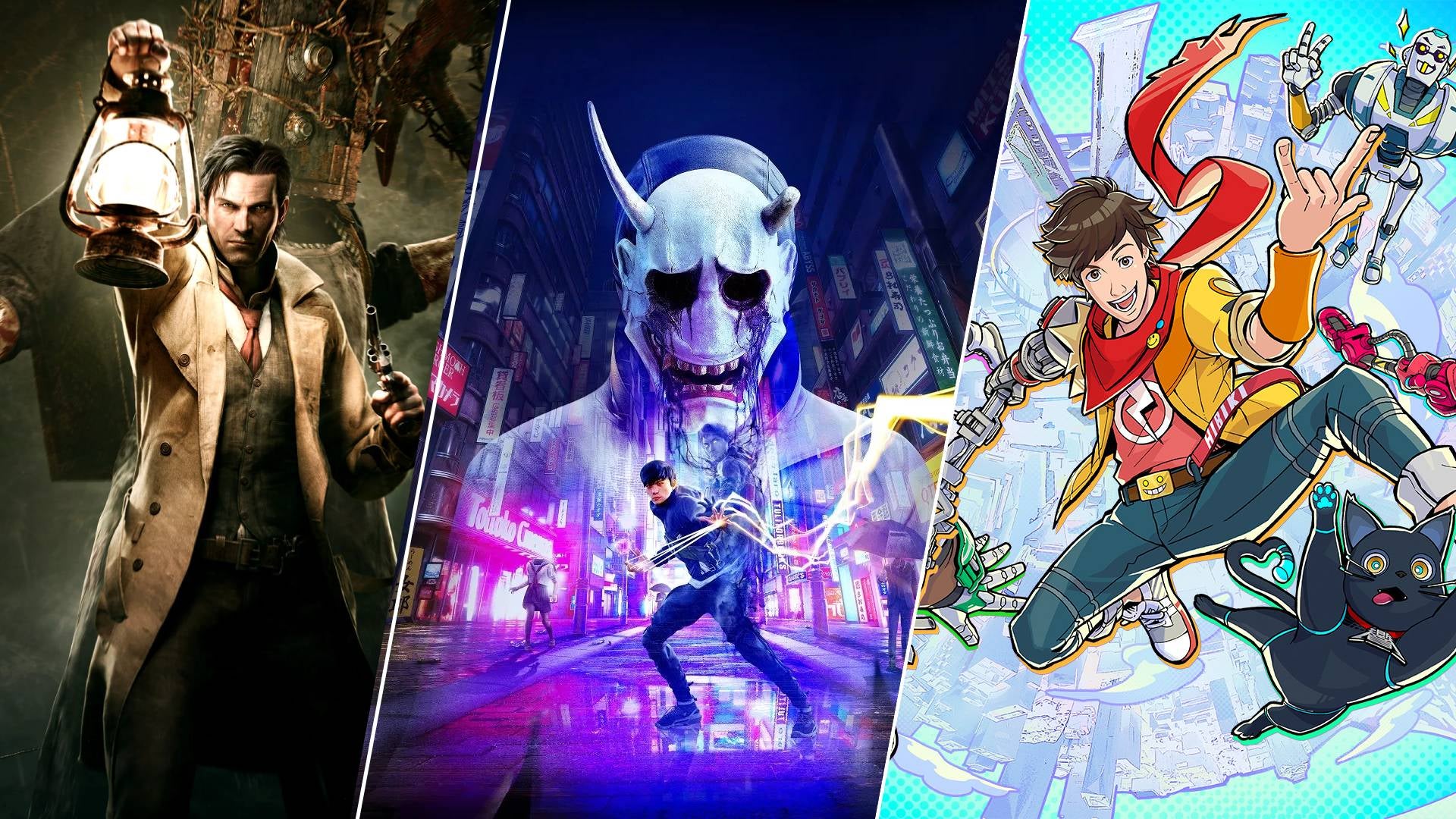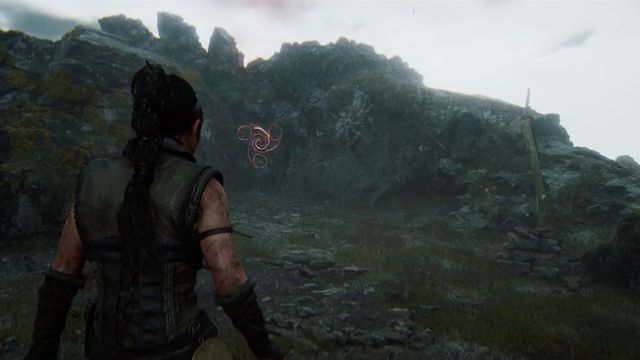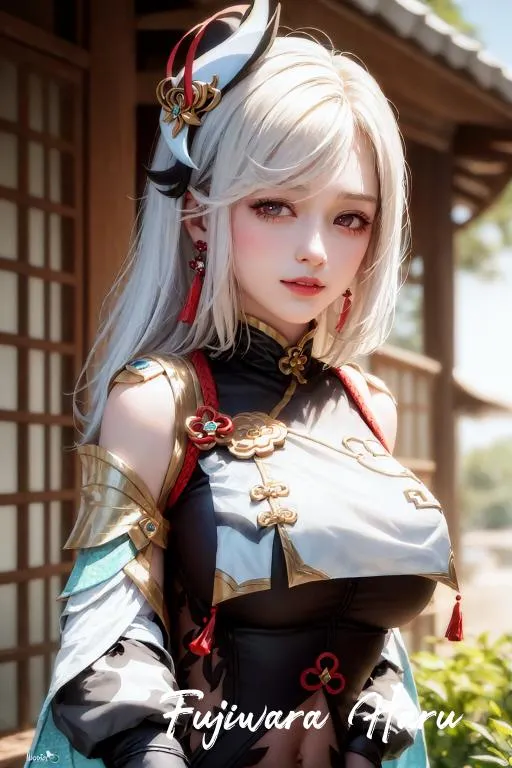Hollywood had a, to put it politely, very weird year in 2023. With the prolonged writers and actors strikes, tentpole films underperforming, mergers and acquisitions, the streaming wars racking up billions of dollars of losses… where can we find a little hope for the future of the industry?
As it turns out, a little ski town just outside of Salt Lake City provides exactly that every January. We went to the Sundance Film Festival again this year, and in one of the murkiest times in recent show business memory, we talked to several of the festival's filmmakers and a senior programmer about why film festivals are still a key part of the ecosystem, and how they might be even more important moving forward.
For filmmakers, there is of course the excitement of just being there. As Kelly O'Sullivan, writer and co-director of the ridiculously charming drama Ghostlight told us, "It's like meeting a celebrity you've only heard of or seen pictures of, and then you're here and you're like, oh my God, I recognize that theater."
Beyond that, there's all the hoping that your film plays well and gets picked up. After all, that's the spirit of film festivals like this in general; to get seen by buyers in the larger film industry distribution system. But why Sundance is so important to the film industry, for me, boils down to a few specific points. To start with, it’s all about identifying trends.
Point 1 - Trendspotting
For a film to be successful, not only does the audience need to be interested in seeing it, but obviously the filmmakers need to be invested in the story as well. According to John Nein, Senior Programmer and Director of Strategic Initiatives at Sundance, an estimated 17,000 films were submitted to the festival.
“If you count short films and features," Nein told us, "it was huge, and it was a record-breaking number.”
The question of identifying larger trends in the industry based on 17,000 submissions to Sundance may seem like a chicken-or-the-egg scenario though. Is the trend factoring into the festival’s programming or is the festival leaning into a trend it likes with its programming? According to Nein, it's probably not either of those options. During our interview, he told us "it wasn't a conscious choice to lean in, and in fact, had you seen the vast pool from which we were drawing, it may not even feel like leaning in. It's just that that is a reality of what's being made right now."
And so, at a festival designed to showcase films to potential buyers, those buyers get a sample of what sort of films are actually being produced, and more importantly, how an audience receives it.
Point 2 - Connection and Credibility
What films really connect with an audience obviously matters, but we met with Kelly O’Sullivan outside of a Pizza place on main street in Park City to find out more about what it's like to meet the audience at Sundance.
"What we felt getting to see this movie with audiences is the people coming up to us afterwards to tell us what the film means to them," she said, "People will share their personal experiences and you don't get that when you're watching a movie at home on your laptop by yourself. But getting to laugh and cry with a group of people, that was always the dream for this film. And Sundance attracts such an incredible audience that we've just been overjoyed at the reaction and the sense of connection that we've gotten from sharing it."
Kelly’s co-director on Ghostlight, Alex Thompson, sees that connection with the audience as not only validation for their own art, but a degree of credibility that only comes with a big screen.
"I think Sundance gives context to a film that could be seen as small. It makes something very independent feel like it justifies a theater and in an audience." he told us, in the snow outside that really good pizza spot. "That's a message from the (Sundance programmers) to the buyers and the distributors and the audiences out in the country and the world that this film deserves a life beyond a screener link or your laptop. And that's really powerful for the actual independent films to continue existing. We need places that are saying, 'Hey, come check this out. This thing, this is big. It feels small, but it's big. And we saw it first.' That's pretty powerful. That's a huge gift."
This is how it’s always been at Sundance. That powerful, huge gift Alex Thompson mentions is one of the reasons Sundance is on its 40th edition, and seen as one of, if not the, most important festival in the world. A place for studios to find the next thing, based on trends that might not be readily apparent to the industry otherwise. That covers the past and present of Sundance, but what about the future?
Point 3 - The Newest Stuff Around
Film festivals in general are about the newest stuff around. Take, for example, this years Ponyboi, a film written, produced and starring River Gallo, an intersex filmmaker using familiar gangster movie tropes to, as they put it, serve the audience some vegetables along with their dessert.
"I think people are hungry, thirsty for the unexpected, for the weird, for the things that they haven't seen before," River told us outside that one really cool book store. "I feel like some of the most successful films this year were the films that were very subversive and controversial, and I feel strongly that this movie also walks that line of being unconventional and unusual, but also very familiar and heartwarming and just a really wild ride in New Jersey."
The film’s director, Esteban Arango, agrees and sees a future of film defined by boundary-pushing cinema, particularly in light of the stale environment in Hollywood at the moment.
"I think Sundance is instrumental for our industry," Arango says. "I mean, they've always been at the cutting edge of creating that taste, and I feel that people are getting tired of more of the same. We need a pallet cleanser, and that always comes out of these places, independent filmmaking, people taking risks for new kinds of stories. So I think that going through the wave of weirdness that we're going through is going to blow over and then we're going to find new voices, new opportunities to tell new stories with diverse perspectives and change the game. It is always evolving and it always starts in places like this."
But while we’re talking about the future, let’s get fully futuristic. Documentary Eternal You deals with the emerging industry of digital immortality and how it impacts our capacity to grieve the loss of our loved ones. A.I. of course has played an enormous role in the industry in recent years, becoming something of a focal point in labor negotiations with both the striking actors and writers in 2023. Filmmakers Hans Block and Moritz Riesewieck pointed out Sundance’s importance moving forward as it relates to the inevitable growth of A.I.
"Sundance is highlighting the very quality of human creativity which actually never will be automized in the same way that humans are creative," Moritz told us, drinking coffee next to some lovely pine trees outside of Sundance HQ. "When we talk about AI being creative, it’s a misleading way of putting it, because what AI can't imitate is this very unique form of expressing ourselves as human."
Where that becomes important to the industry actually speaks to some of the biggest hang-ups in the labor disputes over the past year: A.I.'s role in Hollywood productions. According to Moritz, "a festival like Sundance actually will be all the more important because it will highlight this very individual, very unique form of creativity while Hollywood will probably lose a lot of these qualities when they automize more parts of their productions."
But if the industry has actually lost some of its individuality and unique creativity in recent years, does that necessarily have to be a bad thing for independent filmmakers?
Point 4 - No Pressure
Scott Cummings, director of Realm of Satan, a fascinating piece of slice of life nonfiction about Satanists, sees Hollywood’s stagnation as a reason to be free. Something that convinced him of this was, strangely enough, a video game.
"I played The Last of Us when it came out, and when I played that game, I was like, who the f--- needs to make a normal narrative film after this?" Scott recalled, standing outside of some retail spots across the street from The Egyptian Theater. "This is watching a great film and being in it. Narrative films can't compete with this, actually. So I think it's kind of a great time to kind of just do whatever the fuck you want actually and to push things and to make things that can't be games, can't be TV ... and people have to see in the theater."
For what it’s worth, if there’s ever a movie I’ve seen that’s clearly a filmmaker doing whatever the fuck they want, it’s Realm of Satan. And that it found a home at Sundance alongside dramas about community theater in Chicago and intersex crime thrillers and documentaries about A.I.’s role in modern human grief says everything about Sundance.
The festival’s role has always been to present new and interesting stories from new and interesting filmmakers and, hopefully, that won’t ever change. But film festivals as a necessary part of the industry is an easy to overlook part of Sundance.
The business is cyclical on its own, like anything else. Audiences get tired of the Hayes Code and glitzy musicals? No problem, here come the New Hollywood Auteurs. Tired of muscle-bound action heroes of the '80s? Can we offer you a Michael Keaton in a rubber suit? And now, massive CGI spectacle and shared universes seem to be running out of steam in the same way. Whether or not any movie at Sundance is an indicator of what’s next in the business, the festival seems to take its responsibility to the industry seriously. So to circle back to where I started, what about that hope for the future of the film industry I was looking for? We’ll let our pal, long-time festival programmer John Nein, take us home.
"I've been here for long enough to see the ups and downs of the industry and to see other moments where we've had challenging circumstances," he told us in a fancy interview suite at Sundance HQ. "But maybe the brightest beacon is that we have always known that there is a connection between artist and audience that is so clear at this festival, the way that the films are being received, the enthusiasm that there is for them. To me, it is an indicator that, at the fundamental level, there is an appetite for these films. There is a deep desire amongst audiences to hear personal stories, independent stories, the kinds of creativity and innovation and pushing the form that we put a showcase together at the festival. That's what we believe in."
